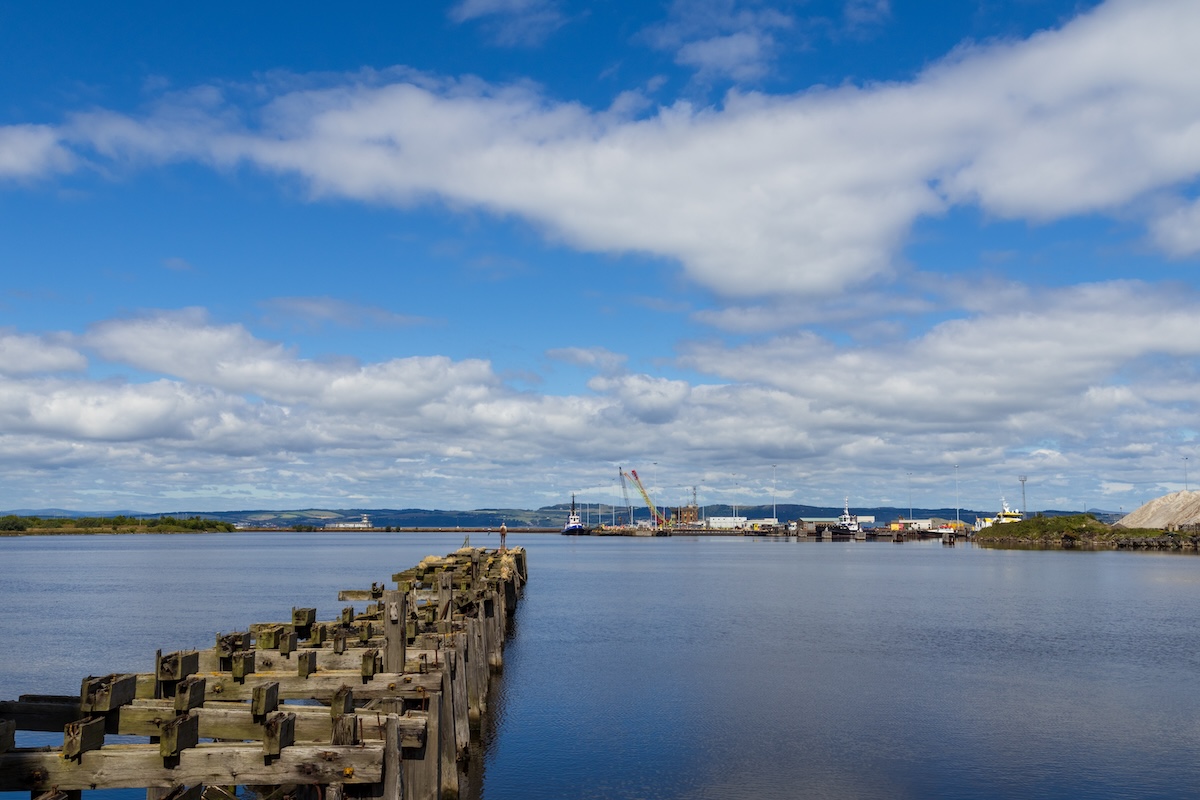Forth ‘green freeport’ projected to create 34,500 high skilled jobs and support ‘re-industrialisation of central Scotland’


A full business case has been submitted by Forth Green Freeport in a bid to create 34,500 high skilled jobs powering Scotland's energy transition. The organisation has lodged its formal plans with the UK and Scottish Governments as it seeks to boost the economy by GBP8 billion in the decade ahead and support a renewables revolution. It is a major step in the development process towards unlocking around GBP25 million of seed funding capital to address the key underdeveloped sites within the FGF area and deliver major economic benefits for Scotland.
The FBC submission will now be reviewed by both Governments. Following this, Forth Green Freeport's partners, three local authorities and both governments will sign a Memorandum of Understanding to allow the release of the seed capital. The projects which have been identified for development to attract inward investment, will then begin.
They are:
- land preparation at the Port of Leith for an offshore renewables hub;
- an integrated energy system at Babcock's Rosyth site;
- additional utility capacity in Grangemouth;
- low carbon hydrogen preparation works at INEOS in Grangemouth;
- the creation of the AGIC Skills & Innovation Centre in Rosyth.
Chaired by Dame Susan Rice DBE and led by CEO, Sarah Murray, FGF became operational on 12 June 2024 and is set to attract new businesses and new jobs into Burntisland, Grangemouth, Leith and Rosyth, aided by a suite of financial incentives to deliver real benefits for Scotland and the UK. A detailed economic impact assessment has projected that it will generate GBP7.9 billion of private and public investment over the next decade and boost GVA (gross value added) by GBP8.1 billion. This investment is projected to create up to 34,500 well paid, highly skilled, green jobs, with around 16,000 of these being direct employment in the FGF's target sectors and tax sites.
Sarah Murray CEO of Forth Green Freeport, said: "This is a key milestone. Our detailed FBC will, following approval, help unlock the important seed capital required to accelerate the opportunity to attract inward investment into the Forth Green Freeport areas. "This is a long-term project and through our thorough economic analysis, we know it will deliver significant benefits to both the local communities and the country as a whole.
I am proud to lead this project, working in collaboration with our committed partners, to deliver this major economic regeneration opportunity. Although our FBC submission is a great step forward, we still have plenty to do over the coming months including the appointment of a strong delivery team." Dame Susan Rice DBE, Chair of Forth Green Freeport, said: "Our FBC outlines in fine detail how we will deliver our shared vision.
Through strong public and private partnership and robust governance, Forth Green Freeport operates with the highest level of integrity which will be further reflected in our robust Fair Work and Investment Principles and our commitment to decarbonising the Forth area and to deliver for the local communities. The seed funding will be wisely invested to ensure that we maximise business growth in areas of underdevelopment to breathe new life into them and open opportunity for everyone." Focusing on the key target sectors of offshore wind, hydrogen, sustainable fuels, modular manufacturing and logistics, FGF will support the re-industrialisation of Central Scotland and large-scale economic regeneration over the next decade.
Throughout the FGF area, there are many areas of underdevelopment and outdated infrastructure which need addressed to attract the level of inward investment envisaged.